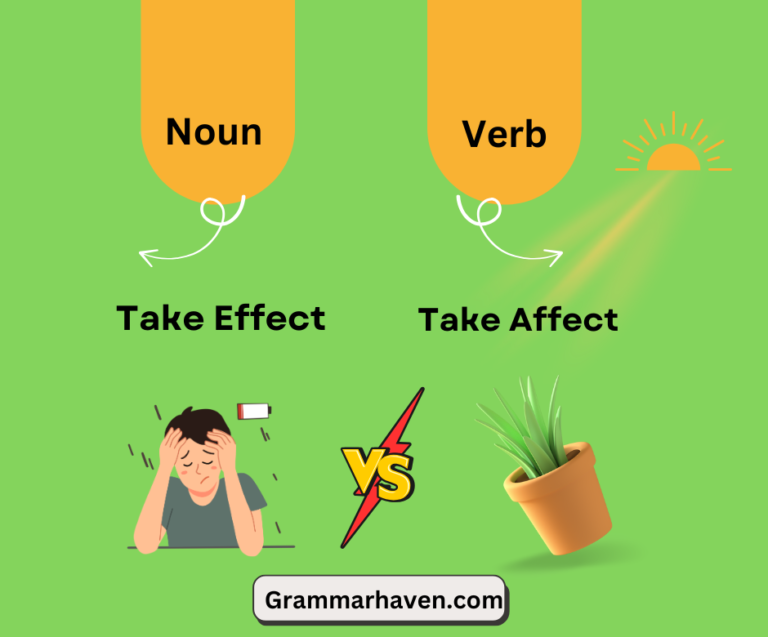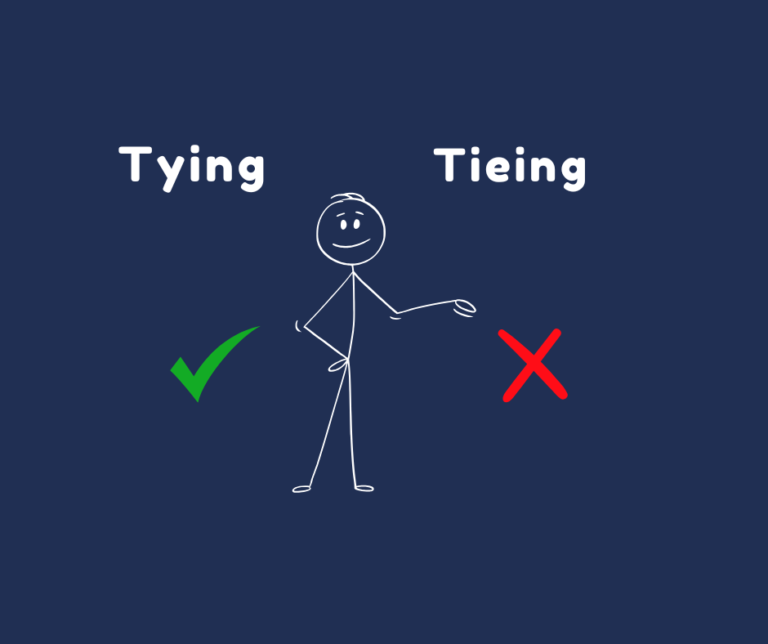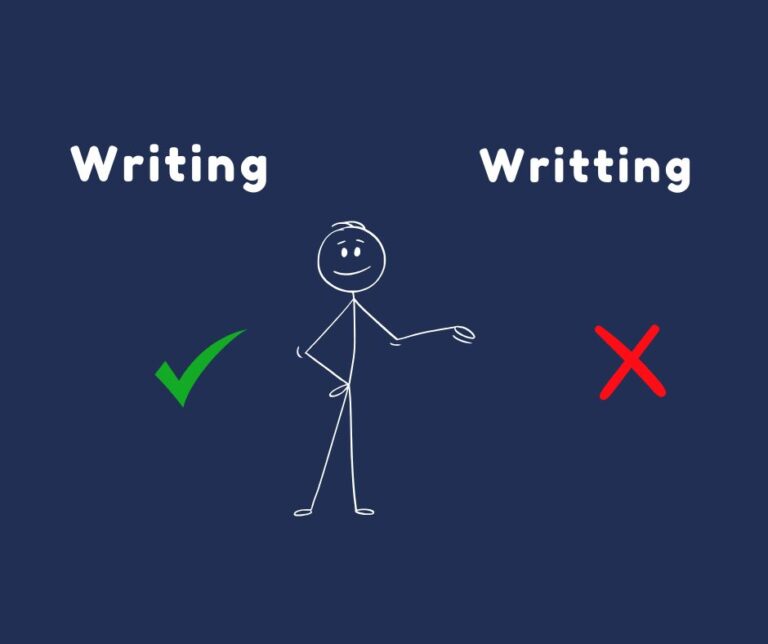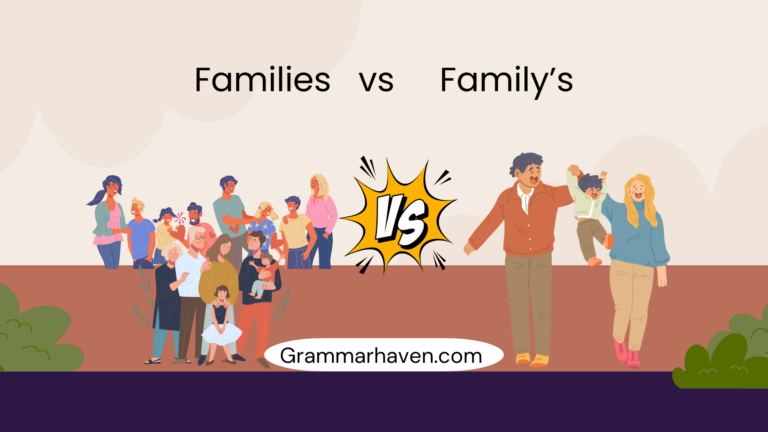“Cancelled or Canceled”–Which Is Correct?
While writing an email about a postponed meeting and stopped to wonder: should I use cancelled or canceled? When you see a sign saying “School canceled due to snow” or receive a notification that your flight has been “cancelled,” you might wonder which version is right. It’s answer isn’t as simple as you might think and depends largely on where you’re from.
Cancelled or canceled – which form is correct?
“Canceled or cancelled” is the past tense of the verb “to cancel.” Both spellings are technically correct, but their usage varies across different English-speaking regions.
- Americans typically prefer canceled (with one L),
- while British English and others favor cancelled (with two L’s).
The same pattern applies to “cancelling or canceling” and canceler or canceller. Interestingly, there’s an exception with “cancellation” – this spelling is widely used everywhere regardless of region.

Cancelled vs Canceled Definition
“Cancelled or canceled” is the past tense of the verb to cancel. There is no difference in meaning between cancelled and canceled. It means that some planned event won’t take place.
Why are Cancelled or Canceled different?
The difference between cancelled or canceled comes down to a bit of fascinating language history.
In the early 19th century, Noah Webster (the creator of Webster’s Dictionary) made a deliberate effort to simplify and standardize American English spelling. He believed that many British spellings included unnecessary letters that could be removed without changing pronunciation or meaning.
This reform affected many words ending with a consonant followed by -ed or -ing. Webster’s approach was to drop the extra consonant in American English, creating distinctions like “color or colour”, “honor vs honour”, and yes – canceled vs cancelled.
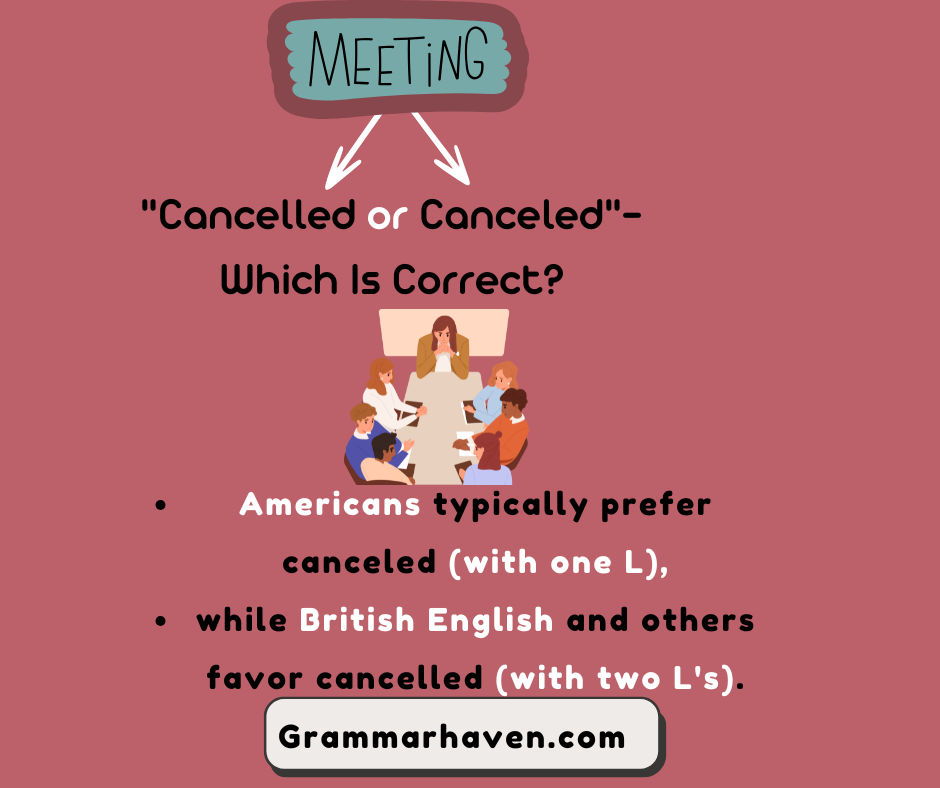
Here’s a simple way to remember: American English prefers one L, while British English doubles down with two.
Webster introduced the single-L spelling in his 1828 dictionary, though the change didn’t completely take hold in American usage until around the 1980s. Today, this spelling difference serves as a clear marker between American and British written English, though the pronunciation is the same for “Cancelled vs Canceled” .
Webster believed many British English spellings were unnecessarily complex and would work fine without extra letters. He began simplifying several words, including:
- Colour → color
- Waggon → wagon
- Centre → center
- Apologise → apologize
This simplification campaign eventually led to many of the spelling differences we see today between American and British English.
There is another word that makes people get confused e.g. tweek vs tweak .
Cancelled vs canceled: American examples
In American publications and everyday writing, you’ll consistently see the single-L version.
Here are some examples of how Americans use canceled:
- “The route with the highest percentage of canceled flights last year was New York LaGuardia to Washington’s Dulles International.” —The Wall Street Journal
- “Is your favorite TV show canceled? A guide to what’s renewed and what’s in trouble.” —The Washington Post
- In daily American conversation and writing, you’ll find patterns like these:
- The county fair was canceled after unexpected flooding damaged the grounds.
- The streaming service announced they’ve canceled three original series due to low viewership numbers.
- My gym membership auto-renews unless it’s canceled thirty days before the renewal date.
- The company’s canceler program automatically stops recurring payments when customers request it.
These examples show how thoroughly embedded the single-L spelling is in American English – to the point where using “cancelled” might stand out as unusual or incorrect to American readers.
Canceled vs Cancelled: When should I use ‘cancelled’?
British examples
Cross the Atlantic, and you’ll find the double-L version firmly established as the correct form. British publications consistently use cancelled in their reporting:
- “At the end of one of its most difficult weeks of the year, British Airways cancelled 50 flights to and from London on Saturday, the vast majority at Heathrow Terminal 5.” —The Independent
- “Downton Abbey will not be cancelled after the fifth season, producer confirms.” —The Independent
- In everyday British writing and speech, you’ll encounter patterns like:
- The football match was cancelled due to the waterlogged pitch.
- She cancelled her subscription after the price increased for the third time.
- The railway company cancelled all evening services during the storm.
- The theatre’s automatic cancelling system sends text alerts whenever a performance won’t go ahead.
For British English speakers, seeing the American spelling with a single L might appear incorrect or overly simplified. This spelling preference extends throughout the Commonwealth countries, including Canada, Australia, and New Zealand, where the British standard of cancelled prevails.
Spelling exception: cancellation
Now that we understand the regional differences between cancelled or canceled, let’s examine the curious exception to this rule. When forming the noun “cancellation,” the spelling is consistent across all varieties of English – everyone uses two L’s.
This exception creates an interesting situation where an American writer might use “canceled” as a verb but “cancellation” as the related noun. Here are examples that work in both American and British contexts:
- “The cancellation of tomorrow’s meeting gives us more time to prepare the presentation.”
- “We received a cancellation fee after changing our hotel reservation.”
- “Flight cancellations have piled up deeper than snow drifts this winter.” —The Wall Street Journal
- “The university issued a cancellation notice for all evening classes.”
Why is Cancellation an Exceptional Case ?
When adding the suffix “-ation” to “cancel,” the word gains two syllables, shifting the stress pattern of the word. The double L serves as a phonetic bridge between the original word and this substantial suffix, helping maintain clarity in pronunciation across all English varieties.
So while you might debate whether to write cancelled or canceled depending on your audience, you can confidently use “cancellation” regardless of which side of the Atlantic your readers call home.
Is it cancelled or canceled in international English?
Beyond the American/British divide, how do other English-speaking countries handle this spelling difference? This is where “canceled vs cancelled” becomes an interesting question for international communication.
Canadian English presents an interesting hybrid case. While Canadian spelling generally follows British conventions, American influence has led to some mixed usage. You’ll find both spellings in Canadian writing, though cancelled (the British form) remains more common.
Australian and New Zealand English firmly follow the British convention, using cancelled almost exclusively. The same applies to South African English and most other Commonwealth nations where English is widely spoken.
In other countries where English is taught as a second language, the spelling taught often depends on which variety serves as the educational model.
European countries frequently teach British English standards, so cancelled predominates, while countries with strong American cultural ties might teach the American spelling.
Which should you use: cancelled or canceled?
Given these regional differences, how do you decide which spelling to use “cancelled vs canceled”? The answer depends largely on your audience and context:
- For American audiences: Use canceled (one L)
- For British, Australian, Canadian or international audiences: Use cancelled (two L’s)
- For global businesses or publications: Consider your primary audience, or establish a style guide preference
Difference Made Clear Between Cancelled
It’s clear from the information provided in this guide that neither spelling is “wrong” – they’re simply different standards that have evolved in different places. The important thing is matching your spelling choice to your readers’ expectations.
| Region | Preferred Spelling | Example |
| United States | Canceled | The flight was canceled due to weather. |
| United Kingdom | Cancelled | The match was cancelled after heavy rain. |
| Canada | Typically Cancelled | Their appointment was cancelled yesterday. |
| Australia | Cancelled | The concert was cancelled without explanation. |
| New Zealand | Cancelled | All outdoor events were cancelled for safety. |
Is it Canceled or Cancelled in Canada?
Many people assume that since Americans use the American English spelling of canceled, Canadians would follow suit. This assumption is incorrect.
Despite Canada being part of North America, the country is a member of the British Commonwealth. When it comes to many spelling conventions Canadians typically write and speak British English rather than American English when it comes to many spelling conventions.
As a result, they use the double-L spelling—cancelled—in Canada, following the British standard rather than the American one.
Other L and LL Words
Besides cancelled vs canceled, many other words follow this same division between British and American English.
In British English, most words ending in L will double to LL when adding suffixes, while American English prefers keeping the single L.
Here are some common examples, with the American spelling first and the British spelling second:
- Counseled, counseling, counselor or Counselled, counselling, counsellor
- Equaled or Equalled
- Jewelery or Jewellery
- Labeled, labeling or Labelled, labelling
- Marveled, marveling or Marvelled, marvelling
- Modeled, modeling or Modelled, modelling
- Traveled, traveler or Travelled, traveller
There are exceptions to this pattern. “Rebel” is one example where both British and American English use the same double-L form—rebelled, rebelling. Similarly, “compel” also uses double-L in both varieties—compelled, compelling.
Cancellation Nation
Even with the differences between canceled and cancelled, there’s an important exception to remember.
Regardless of which country you’re in or which audience you’re writing for, both American English and British English spell “cancellation” with double-L:
- The cancellation of the American Airlines flight meant they would be driving overnight to Vegas.
- The cancellation of the British Airways flight meant they would be taking the Eurostar to Paris.
This shared spelling can sometimes add to the confusion around the past tense forms, but it’s helpful to know that at least one form is consistent across all English varieties.
Context Is Everything
Now you understand the difference. If you’re American or writing for an American audience, the single-L spelling of canceled is your best choice. If you’re writing in Britain or for a British audience, stick with the double-L cancelled.
If you’re struggling to remember which is which, here’s a simple rule: American English typically opts for shorter, simpler versions of words compared to their British counterparts.
But don’t worry too much—both spellings are perfectly acceptable depending on your location or audience. No one will cancel their plans with you over such a small spelling difference!
Conclusion
The canceled vs cancelled debate isn’t about right or wrong – it’s about regional preferences that have developed over time. Americans favor the simplified spelling with one L, while British English and most Commonwealth countries stick with the traditional two-L version. Remember that “cancellation” breaks this pattern with its consistent double-L spelling worldwide. When writing, consider your audience’s expectations and maintain consistency throughout your document. Both spellings communicate the same meaning perfectly well – they just carry a subtle hint about which side of the pond you call home.
Sources : Merriam-Webster
FAQs
Which is correct, canceled or cancelled?
Both are correct. “Canceled” is American English, while “cancelled” is British English.
Is it cancelled or canceled in the USA?
In the USA, “canceled” (one L) is the standard spelling following American English conventions.
When did cancelled become canceled?
“Canceled” became preferred American spelling in Webster’s 1828 dictionary, but wasn’t widely adopted until the 1980s.
Which is correct, ‘cancel’ or ‘cancell’?
Both spellings are technically correct, but their usage varies across different English-speaking regions.
Americans typically prefer canceled (with one L),
while British English and others favor cancelled (with two L’s).
When should I use ‘cancelled’?
For British, Australian, Canadian or international audiences: Use cancelled (two L’s) ,example :The railway company cancelled all evening services during the storm.


